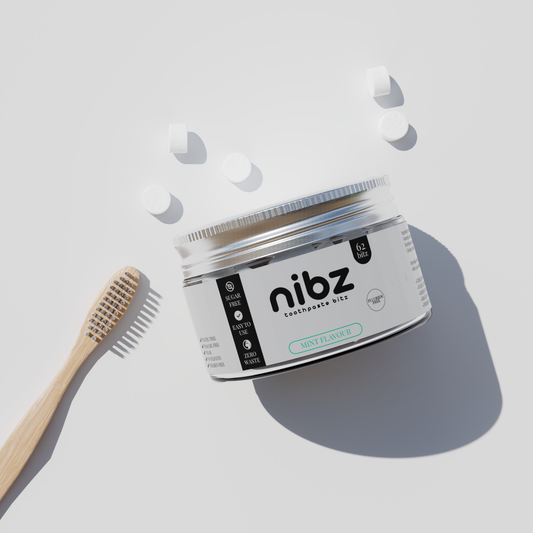Discover the Hidden Link Between Oral Health and Gut Health
Your gut health is the pillar of your overall well-being, influencing everything from digestion to immunity. It all starts in the mouth, where balanced oral health sets the stage for a thriving gut microbiome.

Your Gut Health Affects Everything: From Mood to Sleep, Energy, and Immunity
Gut health is the foundation of your entire well-being. What many don’t realize is that the mouth is the gateway to the gut, directly influencing its balance and health. Using traditional toothpaste with harsh chemicals and synthetic ingredients can disrupt the delicate bacterial ecosystem in your mouth, leading to gut imbalances that affect mood, energy, sleep, and more.

7 Ways Traditional Toothpaste Ingredients Are Sabotaging Your Gut Health
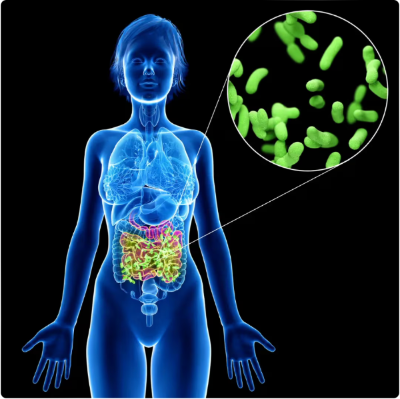
1. Antibacterial Agents Disrupt the Microbiome
Common in many toothpastes, antibacterial agents like triclosan kill bacteria indiscriminately. While they target bad bacteria, they also wipe out beneficial oral bacteria, essential for maintaining a balanced microbiome. When this balance is upset in the mouth, it often throws off the microbiome in the gut as well, affecting digestion, immunity, and overall health.
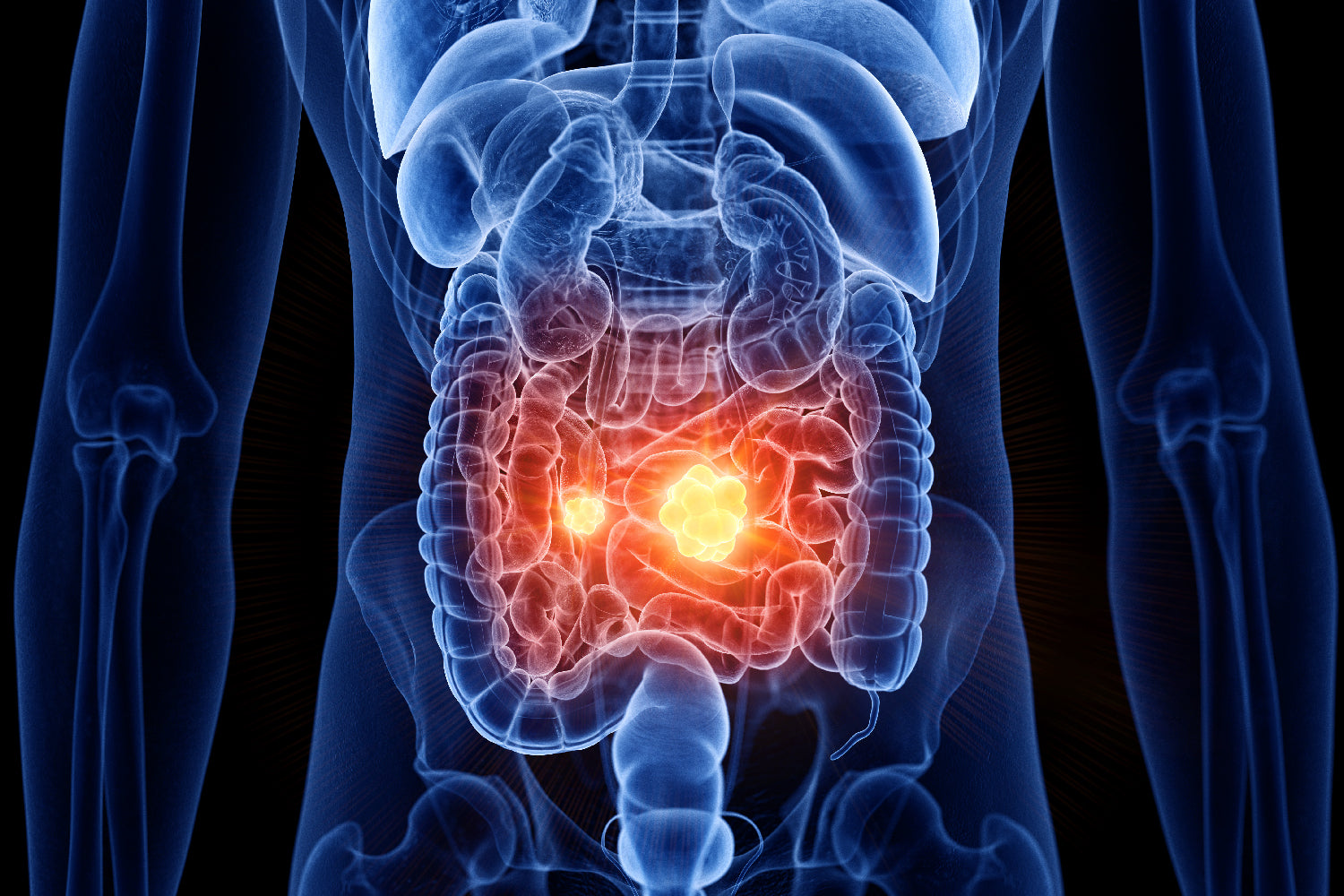
2. Harsh Detergents Cause Inflammation
Sodium lauryl sulfate (SLS), a foaming agent in traditional toothpaste, is known to irritate mouth tissues. This irritation can lead to inflammation, weakening the mouth’s natural barrier. As a result, harmful bacteria have an easier path to the gut, increasing the risk of gut imbalance and inflammation that can affect everything from nutrient absorption to immune function.

3. Artificial Sweeteners undermine Digestion
Artificial sweeteners like sorbitol and saccharin are added for taste but can disrupt gut flora. Studies have shown that these additives can negatively impact gut bacteria balance, undermining digestion, nutrient absorption, and even mood regulation, which relies heavily on a healthy gut.

5. Fluoride as a Neurotoxin
Fluoride is not only a concern for digestion but also for brain health. Research has shown that high fluoride exposure is linked to neurotoxic effects, potentially impacting cognitive function. Since the gut-brain connection is a critical pathway for mental health, disruptions in the gut caused by fluoride can also have consequences for focus, memory, and mood.
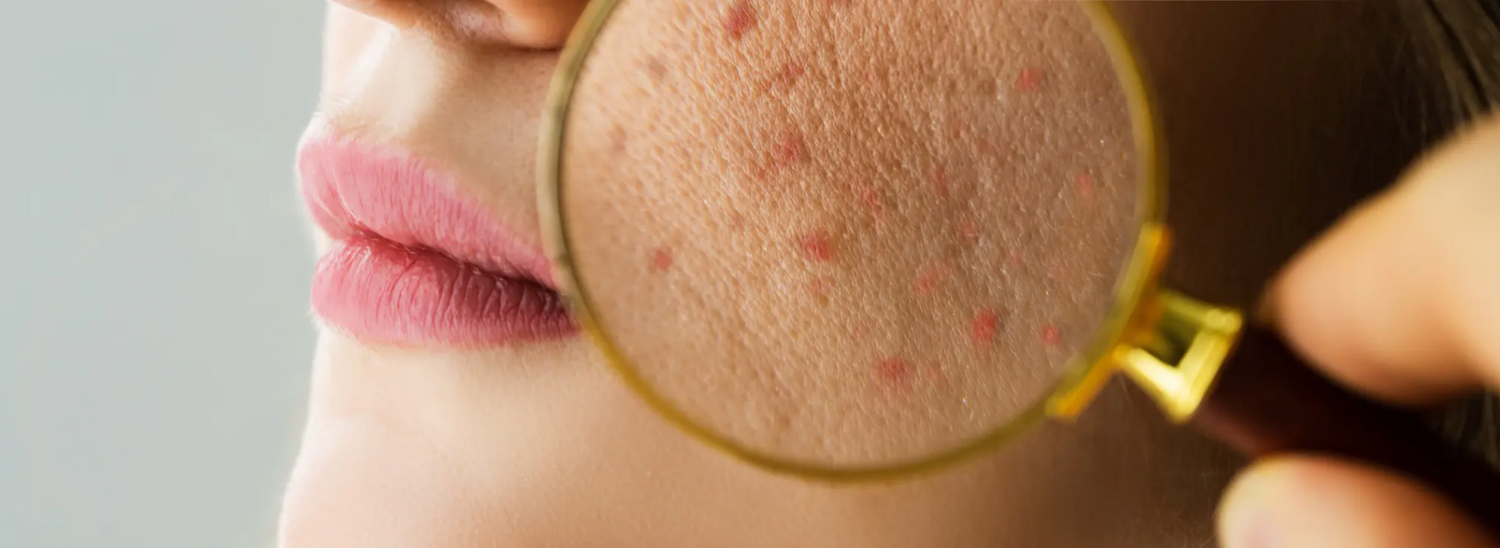
6. Preservatives Harm Good Bacteria
Preservatives like parabens, used to prolong shelf life, can also disrupt gut flora by eliminating beneficial bacteria. Without a healthy balance of bacteria in the gut, processes that regulate sleep, stress, and even skin health are affected, showing just how far-reaching these disruptions can be.
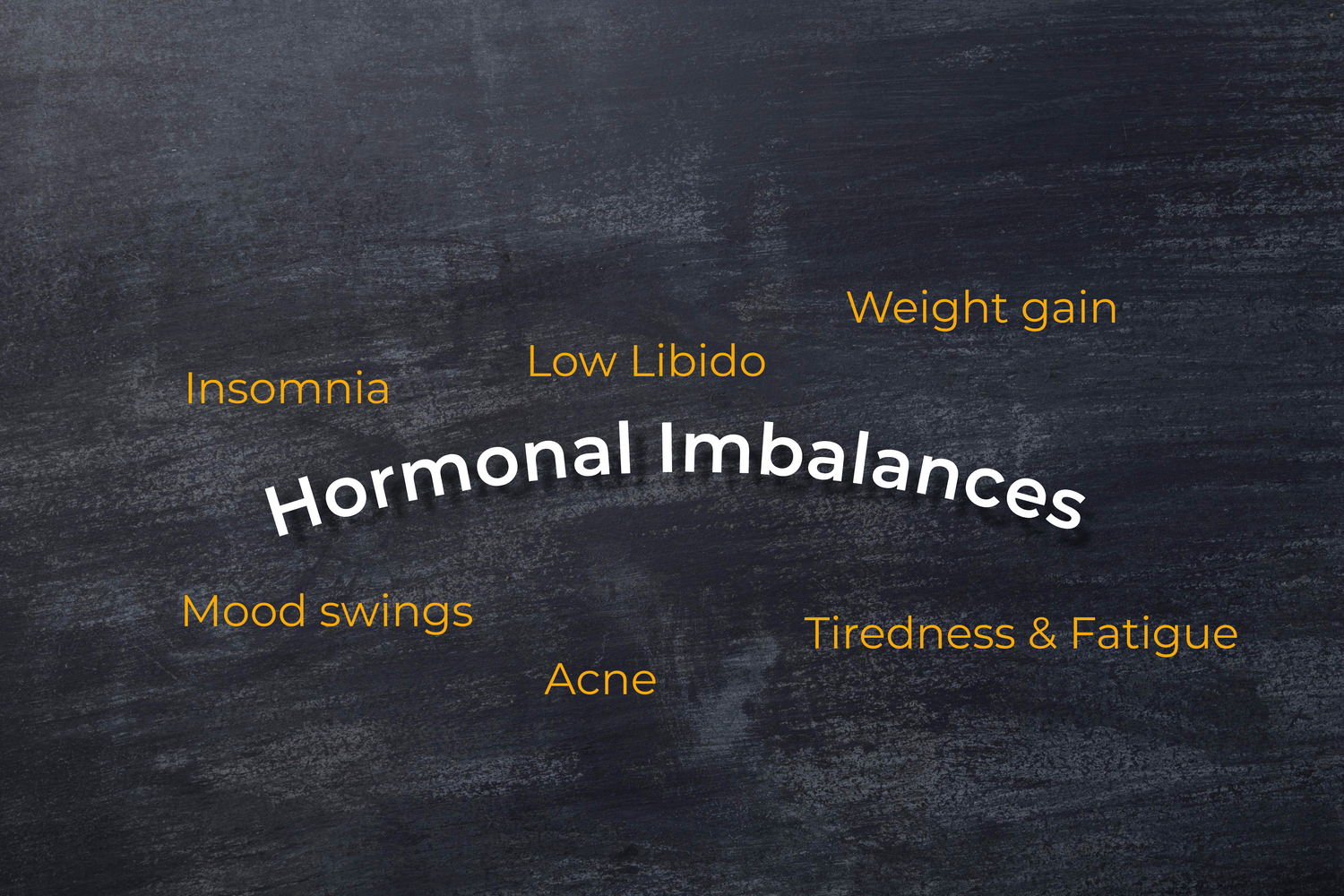
7. Colorants and Artificial Dyes
Synthetic colorants, including FD&C dyes, often found in toothpaste, can irritate the digestive tract and contribute to gut imbalances. A compromised gut impacts everything from cognitive function to hormone balance, affecting both physical and mental health.
A New Approach to Oral Health: Supporting the Mouth-Gut Connection
As we rethink wellness, many are turning to gentler, gut-friendly options for their daily routines. Instead of products with harsh chemicals and synthetic additives, more people are considering natural, microbiome-focused alternatives. These alternatives not only clean but also help maintain a balanced environment in the mouth, supporting gut health from the very start.
Meet Nibz: The Oral Supplement and Toothpaste Alternative for a Healthier Mouth and Gut
Imagine an oral care product that not only cleanses but also nurtures your body’s bacterial balance, from mouth to gut. That’s where Nibz comes in.
- Backed by Science: Formulated with ingredients that foster a balanced oral microbiome and healthy gut.
- No Harsh Chemicals: Free from SLS, artificial sweeteners, synthetic preservatives, and dyes.
- Gentle, Effective Cleaning: Polishes and protects teeth without disrupting your body’s bacterial balance.
- Gut-Friendly Ingredients: Designed to protect the bacterial environment in both your mouth and gut, supporting digestion, immunity, and mood.
Real People, Real Reviews
Still Unsure?

DR. N. KHUMALO, DDS
Dentist
"As a dentist, I recommend Nibz Toothpaste Bitz for its natural and effective ingredients. Free from harmful chemicals like fluoride and SLS, Nibz not only protects teeth but also supports overall health. Its innovative use of nano-hydroxyapatite strengthens enamel, making it an excellent choice for patients with sensitivity. Trust Nibz for a safer, healthier smile."

A. STEYN, RDH
Oral Hygienist
Nibz Toothpaste Bitz are fantastic for maintaining oral health. Their natural formula, including zinc citrate and xylitol, effectively combats plaque and supports gum health without harsh chemicals. Patients find it gentle and easy to use, especially those with sensitive teeth. I highly recommend Nibz for anyone looking to improve their oral hygiene naturally."
Get Your Nibz:
-
Toothpaste Bitz Fluoride-Free
Regular price From R 289.00Regular priceUnit price / perR 399.00Sale price From R 289.00Sale
FAQs
Are Toothpaste Bitz for sensitive teeth?
Our Bitz are suitable for individuals with sensitive teeth. Our Fluoride-Free formula incorporates Nano-hydroxyapatite, a mineral known for its ability to fortify and remineralize enamel, thereby addressing sensitivity.
Explore the nHAP Study for detailed insights and additional information here.
Additionally, we advise consulting your dentist regarding Nano-hydroxyapatite or before modifying your oral care regimen.
What is the shelf-life?
When stored appropriately in a cool, dry environment, our Bitz have a shelf life of 1 1/2 years from the manufacturing date (MFT)
How does the subscription work?
Subscription is currently unavailable, but rest assured, it's in the works!
How to use Nibz Bitz?
It's very simple:
- Insert one precisely portioned Bit into your mouth.
- Gently chew the Bit until it transforms into a smooth powder.
- Brush your teeth with a wet toothbrush for 2 minutes; it will produce foam, similar to your regular toothpaste experience.
- Spit out the foam, smile, and repeat this routine twice daily to
uphold dental health and contribute to environmental well-being.
